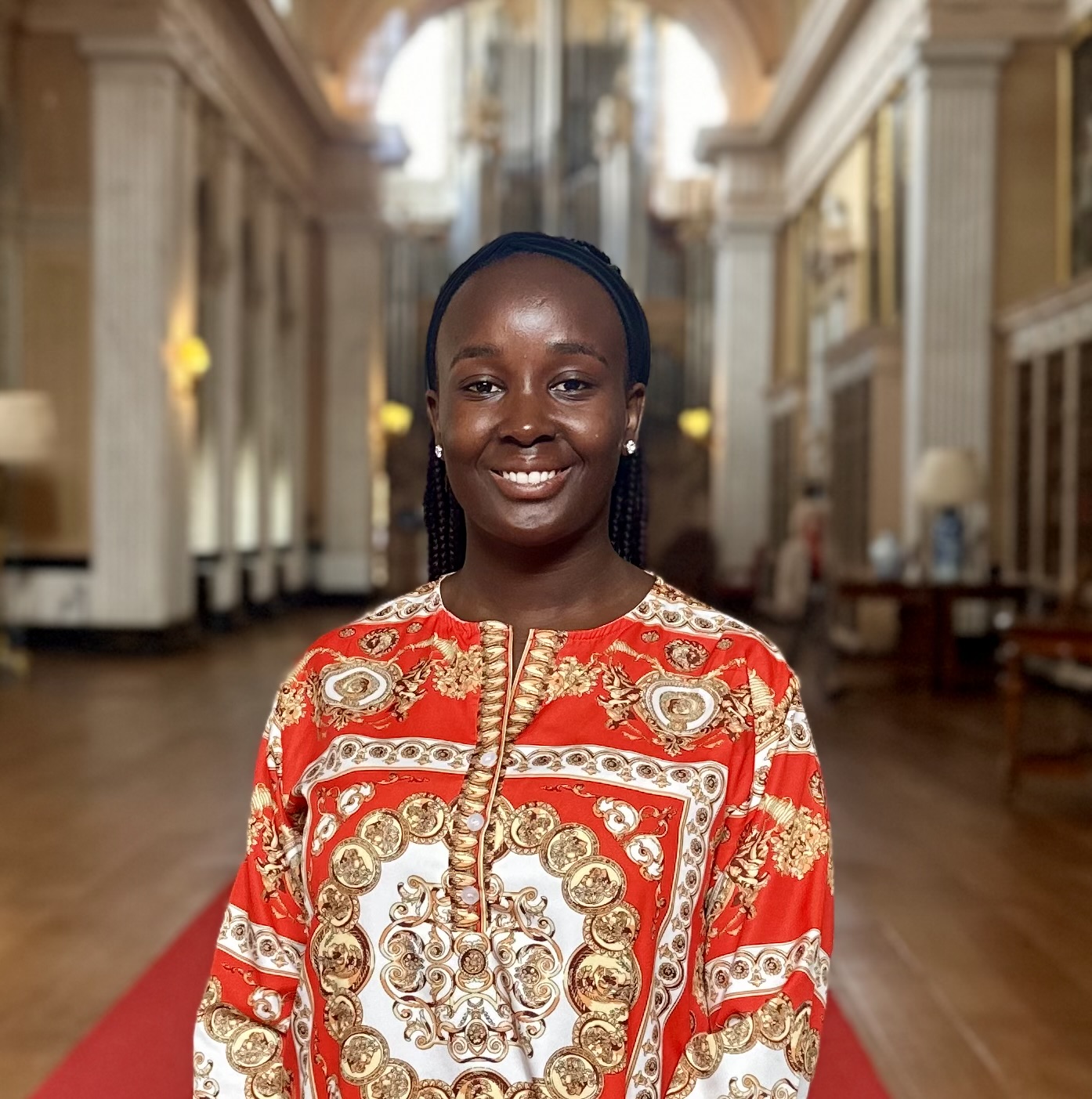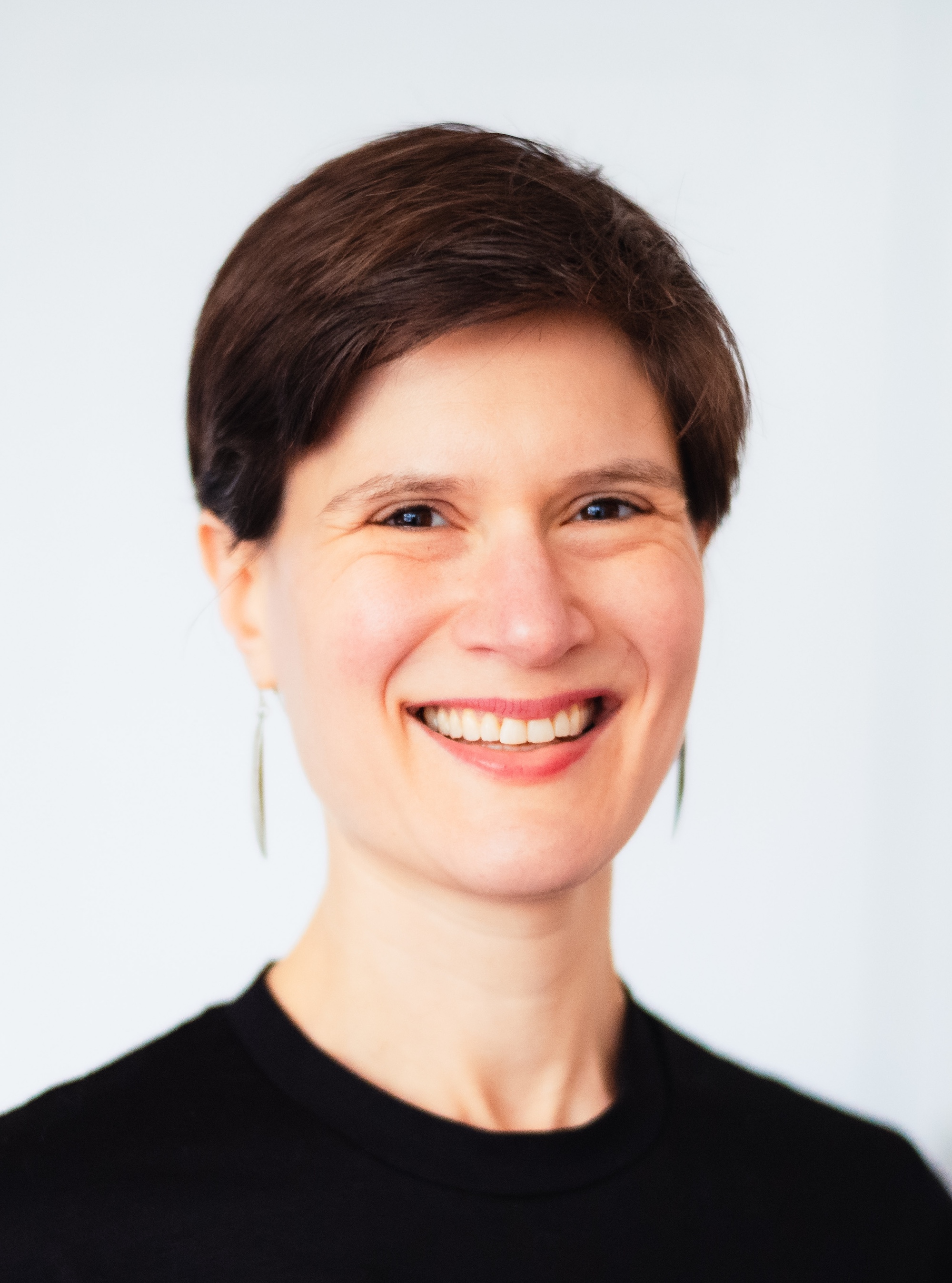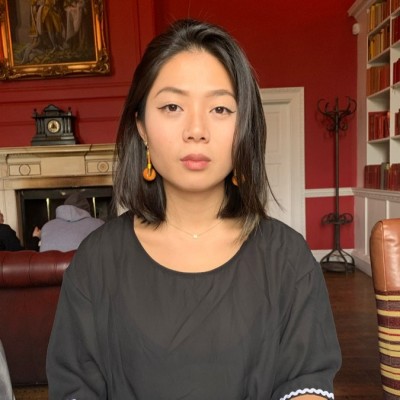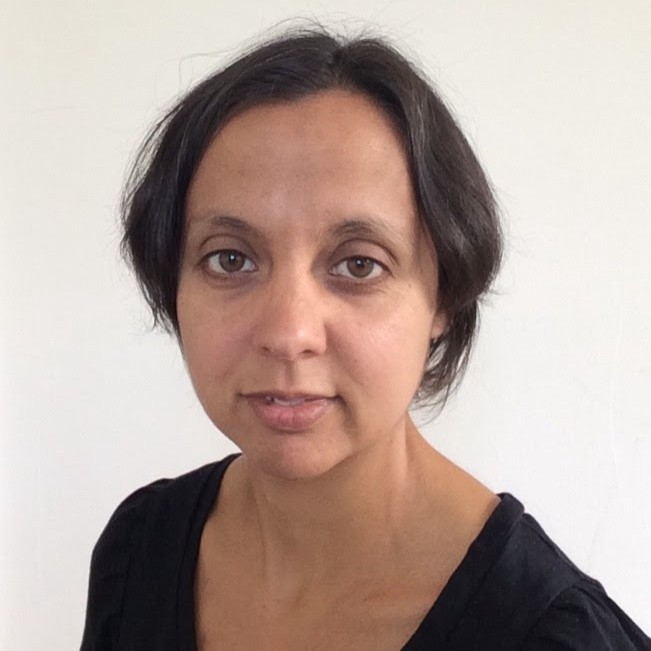Earlier this year, the SSI launched the second phase of its InclusiveRSE project, aiming to address the lack of diversity in RSE. Over the course of three months, a dedicated team of five members worked together to define the project’s research goals and develop the tools necessary to achieve them. Central to our approach was the principle of co-production, which was adopted to ensure ownership of the project was shared with RSE stakeholders from underrepresented groups. This approach was vital in ensuring that the project's outputs were not only relevant but also sensitive to the lived experiences of these groups.
The co-production process involved creating a shared learning space, fostering a team ethos, reflecting on team dynamics, and continuously reviewing our processes with a growth mindset. These efforts were aimed at building a collaborative environment where all voices were heard and valued.
Our team was composed of two RSE stakeholders, Ruth Nanjala and Ella Kaye, who brought their extensive experience in developing research software, their connections to networks of underrepresented researchers and RSEs, and their learnings from running inclusivity initiatives. The other three team members, Pauline Karega, Miriam Tenquist, and Anita Banerji, were based at the University of Manchester (UoM) and brought a wealth of expertise in social science, co-production methodologies, and RSE.
The UoM team designed and facilitated five workshops to gather insights from the RSE stakeholders, who then sought feedback from their networks on the project’s outputs. We also engaged with the wider SSI team and were supported by the SSI research director, Caroline Jay. More details of our process can be seen in the infographic below.

To share our experiences from this co-produced project, we present an excerpt from each team member’s reflexive diary, written throughout the project. These examples were carefully selected to illustrate the benefits and complexities of co-production, and we present them with the hope that they will encourage and inform others in similar initiatives.
RSE stakeholder: Ruth
The structured distribution of roles within our team has played a significant role in fostering equity in participation and ensuring that each team member's skills and expertise are acknowledged and utilised. This approach not only encourages active engagement with designated tasks but also promotes a sense of accountability and ownership. As each team member takes ownership of their role and strives to fulfil it to the best of their abilities, the overall cohesion and effectiveness of our team are further strengthened.
RSE stakeholder: Ella
At the start of the project, I was excited by the goal but uncertain of the process to reach it and somewhat sceptical of the approach. For example, on the one hand, I knew that developing a team ethos was important, on the other, after a few minutes I wanted to "just get on with the work". Over the last three months, I have shifted my view on what "the work" can involve, and this project has forced me to reckon with just how ingrained certain cultural ideas about work have become. There were many times over the project when I both liked an idea about how we would work together, or a group activity, and yet rolled my eyes about it at the same time. In practice, though, I always found them enjoyable and worthwhile. By the end of the project, I felt a great kinship with the whole team and was so impressed by the amount we got done and the strength of the bonds created in such a short time.
Uom Team: Pauline
Coproduction has helped me have a new perspective on taking and giving feedback, creating a comfortable working environment, and working with others. From creating the team ethos together and getting to know each other better at the beginning of the project which was a really good, and different experience. Working on workshop material together, and at the time it made sense to arrange the workshop content of the project the way we did, but realising towards the end that the “puzzle pieces fit better another way” gave the project a different and new sense of excitement.
UoM team: Miriam
I feel that in the first workshops, we were very much still finding our way - it felt a little bit like feeling around in the dark, trying to put a puzzle together. While ideally, we would simply let Ruth and Ella take the lead, we also needed to produce tangible research tools and have them understand how to create these tools. Seeing co-production as an empowering, activist tool is great, but future projects would benefit from clearer goals and more time to upskill before starting to work towards these goals. Workshop 3 was then my favourite workshop, with huge progress being made by the team. It felt like we were all on the same page and had started to actually co-design the tools with everyone understanding what the project was about.
UoM team lead: Anita
Part of co-production is knowledge sharing - so I felt it was important to upskill our stakeholders in social science methods at an early stage. However, I wonder if this highlighted a knowledge gap and if the power equity was supported better by the sessions where we shared our lived experiences and understood the strengths that we brought to the project. We also created opportunities for our stakeholders, Ruth and Ella, to take ownership and bring in their own perspectives - so important for a project around inclusivity. This came about through encouraging our stakeholders to forge their own connections with the UoM team and with SSI staff - allowing them to pursue their own areas of importance and find their own common ground with each other without my mediation as team coordinator.






